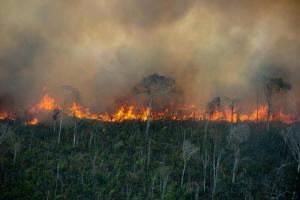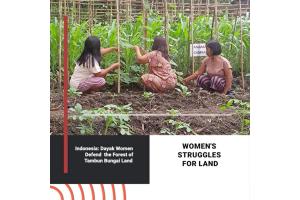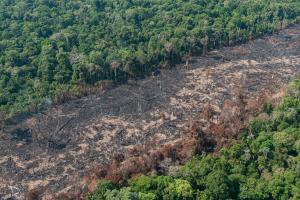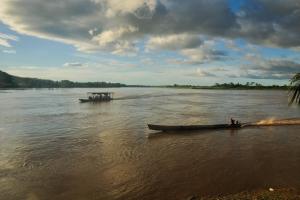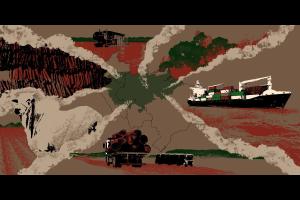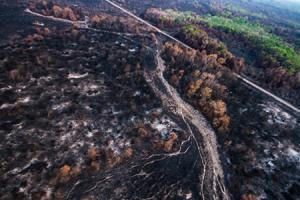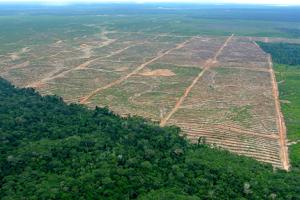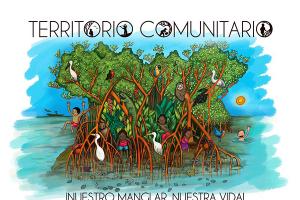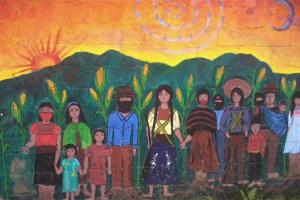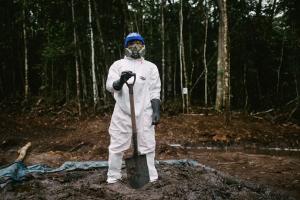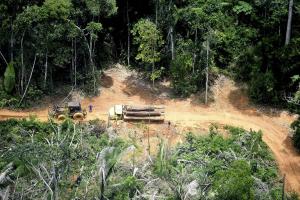Agribusiness
Export-oriented industrial agriculture of a few globally traded commodities (like soy, maize and rice), as well as meat production, destroy forests, the diversity of seeds and small-scale farming systems. They also uproot established land use patterns and threaten food sovereignty.
Forest fires and deforestation are tools to consolidate the land grabbing that goes hand-in-hand with the expansion of the capitalist agricultural frontier into the territories of indigenous peoples and traditional communities.
Big polluters are making ‘net zero’ pledges to satisfy the financial players that fund them. So-called ‘nature-based solutions’ are at the core of these pledges –a new corporate brand for offsets.
Despite the massive clearing of mangroves to make way for shrimp farms, and the oppression of fishing and gathering communities, this industry has access to certifications that not only facilitate its entry into foreign markets; they also conceal a history of violence against the peoples of the mangroves.
WRM spoke with close allies from Brazil, Gabon, India, Mexico and Mozambique, to hear from them and learn about their understandings of development.
Communities have a long history of confronting the disasters imposed by corporations and elites. For them, the “emergency” was a reality well before the Covid-19 pandemic. Yet, profit-seekers are abusing the situation to advance land grabs and roll back legislation.
From its first day in office, the government led by Jair Bolsonaro has been trying to undermine the constitutional rights of Indigenous Peoples and quilombola communities in Brazil. WRM spoke with the organization CIMI in the Western Amazon.
